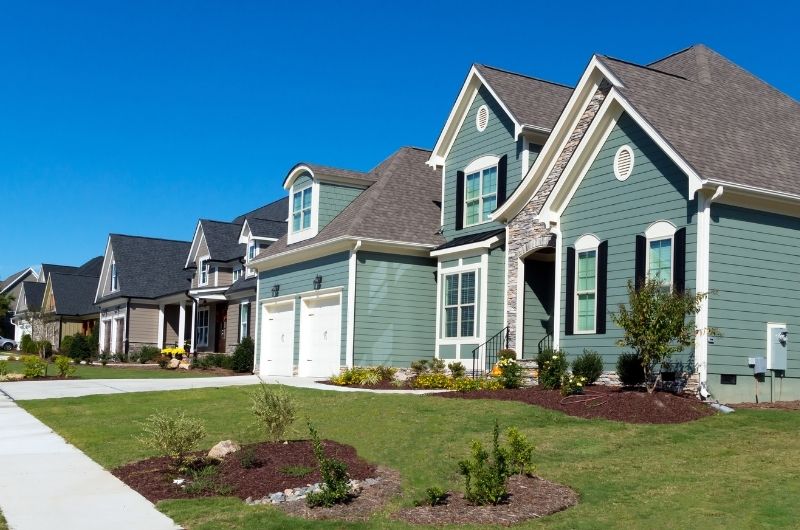
Understanding Georgia property management regulations can be an arduous process; this article aims to simplify some of the language. While this is by no means comprehensive, it can get you on your way to being more informed about tenant and landlord legalities.
Rental Application Laws
While application fees are not generally required, they are allowed and may exist in separation from security deposits. In addition, while discrimination laws exist to ensure equality and equity regardless of color, sex, disability, and family status, landlords can still request backgrounds checks before allowing a tenant to rent.
Security Deposit Laws
Georgia, as a state, does not have a security deposit cap, as this limitation is set by the city or county laws. Furthermore, the landlord is required to hold the security deposit in a government or state-regulated bank. They must also prove the account’s location in writing and return the deposit, if necessary, within 30 days after the tenant vacates the premises.
However, a landlord can withhold a security deposit if damages are found within the three-day inspection period. While the tenant can dispute this under the Georgia Code Section 44-7-33 subsection (c), the tenant can forfeit the security deposit after 90 days, coupled with the understanding that the landlord has made reasonable attempts to return the deposit.
Lease and Lease Termination Laws
While a tenant can be evicted for not following the rental agreement, among many other reasons, a landlord must give a tenant 60 days’ notice, while the tenant must provide 30 days’ notice. However, early termination fees may apply if terminated without the landlord’s authorization. If terminated without authorization, the tenant is required to continue paying rent.
Rent and Late Fee Laws
If the tenant has signed a rental agreement stating that landlords may increase the rent pet lease, they must abide. However, the tenant must be given 60 days’ notice without a rental agreement. While Georgia, as a state, does not put a limit on rent control, the Department of Housing and Urban Development has stipulations that landlords must adhere to.
As there is no state governed grace period for overdue rental payments and no limit on how much of a late fee can be charged, the tenant must ensure that the landlord stipulates the time and charges.
Landlord Responsibilities
It is within the tenant’s interest to speak with the landlord about refusing entry regulations if a rental agreement is not signed. There are no rules under Georgia law stating that a landlord must provide notice before entry.
While landlords are responsible for keeping the housing safe and habitable, Georgia has no laws regarding which amenities must be provided, as this is up to the agreement of the tenant and the landlord. However, all amenities provided must be maintained to ensure safety.
Hopefully, this guide to understanding Georgia property management regulations provides you with knowledge of your state and government-mandated rights. Remember, whether you’re a tenant or landlord, you should always depend on a property management service to give you the resources and help you need. If you’re in the area, contact Smyrna property management company today to get started.

